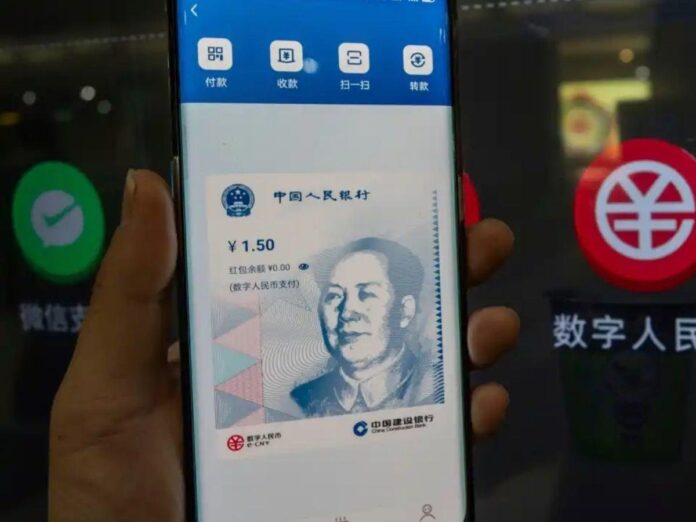China: World’s 1st Country With Digital Currency
TECH DIGEST – China, which is regarded as one of the largest economies in the world has announced that it will be launching its own digital form of currency for its citizens.
Reported first by Wall Street Journal, this novel digital currency called ‘digital yuan’ will be controlled entirely by the nation’s central bank. However, it showcases stark differences from Bitcoins and other forms of cryptocurrencies. Unlike Bitcoins, it will lack the anonymity and non-traceable nature.
Instead, it’ll offer a transparent perspective of the economy to the nation. According to a report by TOI, China’s digital currency has been in development since 2014, right after bitcoin started to gain popularity in the nation.
Is China the only one with digital currency?
China isn’t the only nation working on a digital currency — central banks across the world have been developing their own form of digital currencies. The US is working with the researchers from the Massachusetts Institute of Technology to develop its own form of a digital dollar, Sweden too has developed and even conducted real-world trials of a digital krona. The Bahamas also has the ‘Sand Dollar’.
But China is the first massive economy to have shown a functioning digital currency that’s already rolling in several parts of the nation, which gives it a massive head start.
It works just like a wallet-based payment system
Bitcoins are not as easy to use as a credit card or hard cash. However, China’s digital yuan would work similar to the existing payments app-based system that are common in the nation with apps like AliPay or WeChat Pay. Users will be able to download and store their funds in wallets and use QR codes to transact with people or vendors.
The idea behind the digital yuan is to eliminate the movement of cash — something that’s already reduced drastically in the nation. This, however, doesn’t affect the physical money that’s invested for a long term in banks.
The amount will be distributed via commercial banks around the nation. To avail the digital currency, the banks will have to deposit specific amounts with the Public Bank of China.
Early trials were seen in Shenzhen, and several other major cities in China with food delivery and ride-sharing apps. In the initial stages, transactions with smaller amounts are permitted to be used using digital yuan. The minimum amount however is yet to be determined.
China this month also announced the second phase of this trial where consumers can apply for the digital currency through their bank
How will it help?
With digital currency becoming the norm, it will offer the government better visibility on how the money is flowing in the economy, while also allowing them to track the illegal flow of funds. This could also enable them to try out experiments by focussing monetary policies on specific economic classes and regions.
















